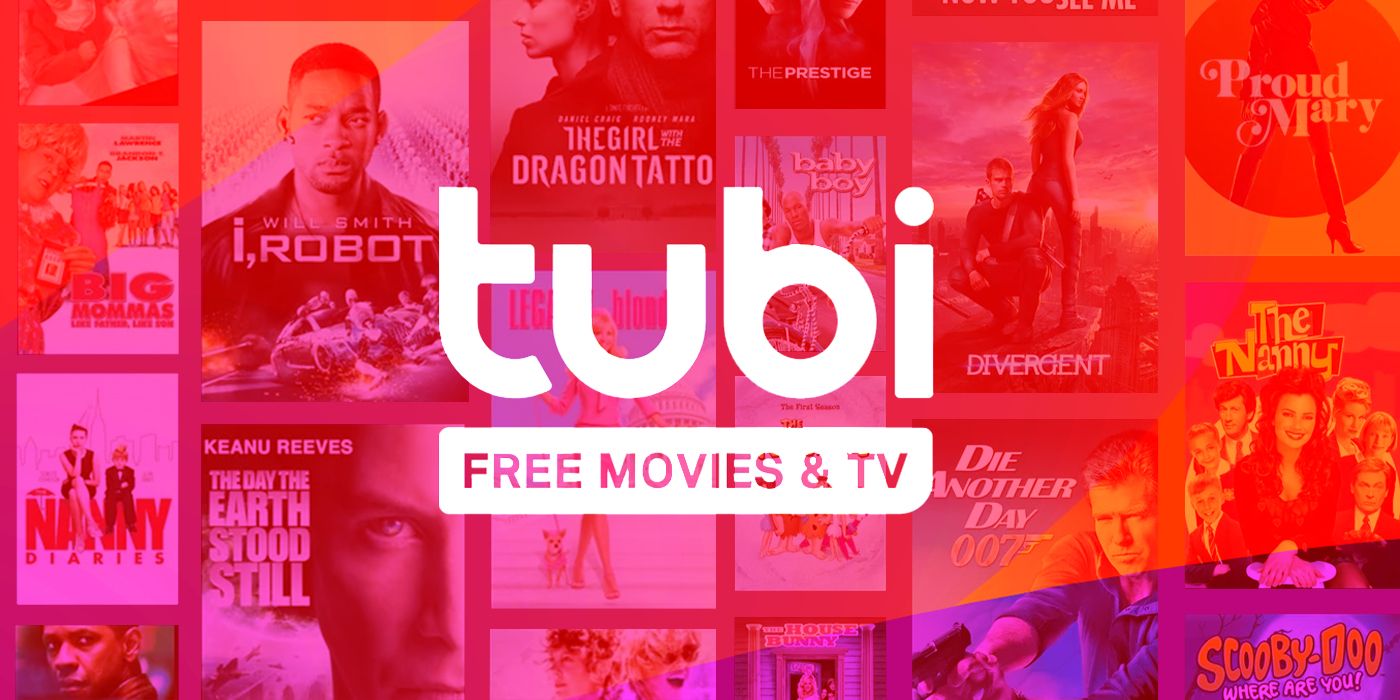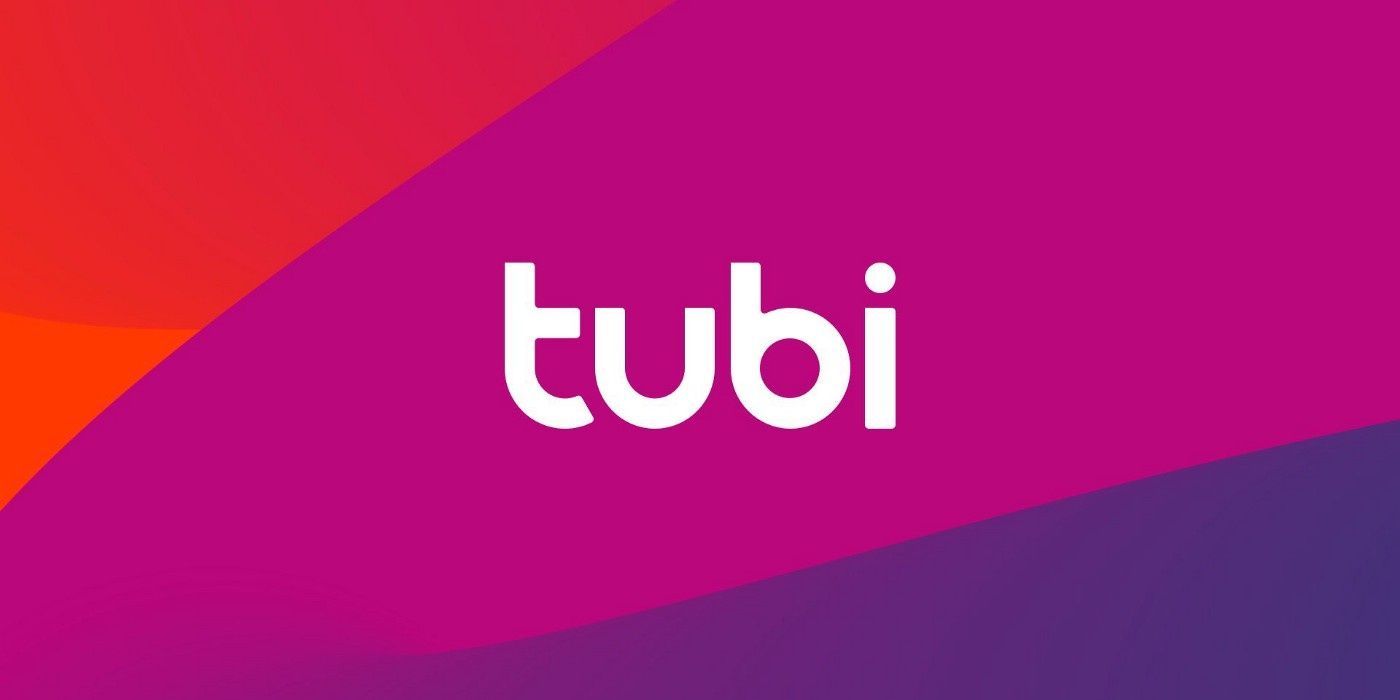The Big Picture
In the past decade, streaming services have transformed from a luxury afforded by a select few cinephiles into the dominant future of the entertainment industry. Streaming has not only replaced cable, but it’s been replacing movie theaters too. There’s been a crackdown on mid-budget adult entertainment films that aren’t blockbusters because they’ve become more successful on streaming services than in theaters. The failures of this summer’s box office point to further depressions within the market. However, the popularity of the streaming method has led to monthly bills that are beginning to rival cable subscriptions or the cost of seeing multiple movies in theaters. Between Netflix, Amazon Prime, HBO Max, Disney+, Apple TV+, Paramount+, Peacock, Hulu, Shudder, and the Criterion Channel, viewers are having to pick and choose what new content they can check out based on the services they subscribe to. It’s why many consumers are turning to Tubi, which has been dubbed the “Free Netflix.”
What is Tubi?
Tubi is a free streaming service that is ad-supported. While there’s an option to subscribe, it doesn’t require subscriptions to view content. It’s essentially a free library of movies, television shows, concerts, stand-up comedy, documentaries, and shorts. It’s not the only free ad-supported streaming service out there. Services like Crackle, Freevee (previously known as IMDb TV), The Roku Channel, Plex, Xumo, and Pluto TV have also attracted viewers to the emerging format; some larger services have a free, ad-supported tier, such as Peacock and YouTube Movies & TV Shows. However, Tubi’s dominance can be traced to its ownership, content, and library.
Tubi currently has over 50,000 movies and television shows, and attracts around 74 million users on a monthly basis. The service was originally founded in 2014 and has become the home to licensed content from other distributors, and in 2019 the spending budget rose to $100 million. Tubi was bought by the Fox Corporation in 2020, who has continued to promote the platform as its monthly viewership has risen. It has expanded beyond the United States to offer subscriptions in Latin America, Canada, Australia, and New Zealand. As many viewers weigh their options, the simple annoyance of ad breaks has become more enviable than paying a costly subscription fee.
Tubi has also been experimenting with new technology that allows it to service its monthly active viewers. The service launched the Rabbit AI software that gives users recommendations based on their previous history on the service. The advanced search options utilize a more complex field of terms than just the name of a movie or the cast; it allows Tubi to tailor its recommendations to what a viewer’s niche interests may be.
Tubi Users Don’t Need To Subscribe
Tubi’s obvious draw is the fact that it’s “free,” and compared to other free services, the ad breaks are relatively non-intrusive. It’s still awkward to watch movies that weren’t made to incorporate natural breaks randomly cut up with ads, but it’s something that many viewers are used to based on watching movies on cable television. The other draw is that there’s no subscription required, although there is an option to sign in using a social media profile. Tubi is also available on most platforms, as there is a web browser version as well as an app that can be added to smart television devices like Roku, Apple TV, or Amazon Fire.
Tubi has become an increasingly lucrative option for film fans now that many of the marquee streaming services have raised their prices. Max, Prime Video, Disney+, and Apple TV+ all raised their monthly fees in 2023, and Netflix has forsaken its basic plan altogether after a controversial crackdown on password sharing. Now that even services like Prime Video are introducing advertising-supported tiers, there’s little that differentiates them from Tubi.
Tubi’s Library of Movies and Television Is Plentiful
The reason Tubi has become so dominant in comparison to the multitude of other free ad-supported streaming services is the depth of the library. While licensed titles are rapidly cycled out and replaced, viewers can generally find a multitude of classics, foreign language films, new hit films, cult classics, award winners, and the types of low-budget, cheaply produced direct-to-VOD titles that commonly pop up on free services. However, Tubi has distinguished itself by being a reliable distributor of classic westerns, cult horror films, and “so bad they’re good” movies that often do not appear on other services. Over 600 episodes of the original Doctor Who series made their debut on Tubi after they had not been available to stream elsewhere.
While there’s a fair amount of cheap “garbage cinema” to wade through, there’s also a plethora of acclaimed titles that at any point could include The Shawshank Redemption, Requiem for a Dream, Inglorious Basterds, The Mask, The Game, and entire franchises like Twilight and Divergent. It’s with this desirable content that Tubi threatens the existence of major leading services like Netflix or HBO Max. Titles like You’ve Got Mail or The Devil’s Advocate won’t stay on Tubi forever, but there’s no guarantee that non-original titles will stay on Netflix or Max either. If viewers aren’t interested in a service’s original content, they might be willing to cancel their subscription and watch library titles for free. Mass cancellations of popular shows in 2023 have made “library content” even more important for services in order to win the “streaming wars.”
There’s No Such Thing as ”Exclusive” in the Streaming Era
Although library content drives fewer viewers to a service than originals, it’s becoming an increased commodity when other streaming services are constantly removing both their original and library programming. “Exclusive” has lost its meaning in the streaming era. Max has removed some of the titles made directly for the service, and taken down older Looney Toons cartoons that aren’t available elsewhere due to controversial and offensive content. Max’s cancellation of the completed family film Coyote vs. Acme suggests that not even projects that had been shepherded for production by the service are safe from being axed. Max isn’t the only service that has disrupted content creators, as Disney+ drew criticism from its creative partners after original programs such as Willow were removed from the service. Even when looking beyond the scrubbed originals, Disney+’s library certainly doesn’t include every Disney title, as some problematic content like Song of the South or the Michael Jackson episode of The Simpsons may never be available.
If viewers can’t subscribe to a service with the confidence that they will have everything available to them, services like Tubi stand to benefit. Netflix has even scrapped its DVD rental program, making it more challenging for users to find niche titles. Tubi viewers don’t use the service with the notion that content will be there forever, but the lack of a subscription fee requirement means that users aren’t signing up for a service that could erase its original content at any moment.
Tubi Is Also Licensing and Producing Original Content
While it hardly produces original material at the speed and with the budget that the major services do, Tubi has begun experimenting with putting out exclusive material. The “originals” tab on Tubi is mostly composed of low-budget, knock-off horror, action, family, crime, and documentary films, but these types of projects certainly have their audiences. Occasionally, there will be something of note that might catch the eye of an interested cinephile. In 2021, they released Corrective Measures, a low-budget superhero film starring Bruce Willis and Michael Rooker. Prior to his retirement, Willis made dozens of similar low-budget knock-off films, but Corrective Measures’ Tubi release is interesting nonetheless.
While there isn’t going to be a huge audience that comes to Tubi for original low budget horror movies like Titanic 666 or Romeo & Juliet Killers, the service may draw more eyeballs with its licensed content. Following the complete reshaping of HBO Max under the new CEO David Zazlav, some original programming has been dumped from the service and licensed to Tubi. Some of the popular, award-nominated titles that are streaming on the service include Westworld, Lovecraft County, The Time Traveler’s Wife, and Raised By Wolves. Tubi even debuted exclusive episodes of the Max original fantasy series The Nevers after the show was canceled prior to the completion of its first season.
Tubi is likely never going to chip away at the leading streamers in terms of content or viewership. However, its existence calls into question what viewers are actually paying their subscriptions for. There’s less reason to subscribe if you’re not interested in the original content, experience a fluctuating library of titles, and have some of your most beloved shows or movies taken off. As subscription prices hike, Tubi can’t be discounted as a factor in how users make their decisions.











